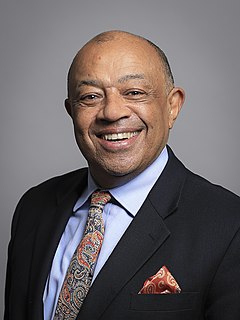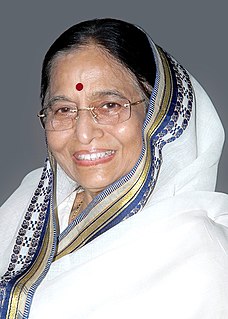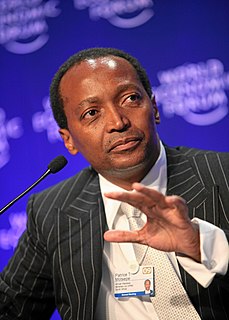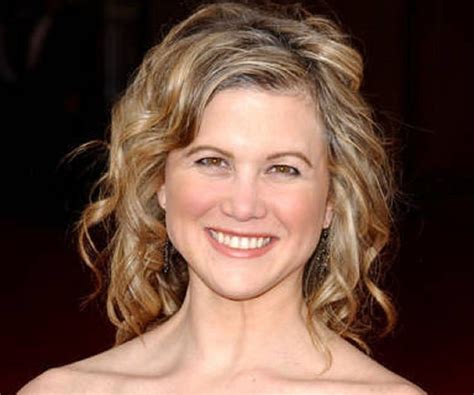A Quote by Thabo Mbeki
I don't think there would be many examples of South Africa pushing its weight around the African Continent. I don't think the facts would substantiate that argument.
Related Quotes
What moved us was not so much what would it do for South Africa, but there has been a great keenness on the Continent that the location of the Pan African Parliament must add to its credibility. And, so we said, fine, it's a contribution to this process of the democratisation of the African Continent.
I am honoured to be asked to take on this role, especially as it comes at such an integral time for our relationship with South Africa and the African continent. There shall be many new challenges and opportunities ahead and I look forward to embracing them with great anticipation [on becoming the UK's high commissioner to South Africa]
A number of African countries came to us and said, we request that South Africa should not field a candidate, because so many other African countries wanted to, and, in any case, South Africa would continue to play a role in terms of building the African Union, and so on. And they actually said, please don't field a candidate, and we didn't. As I have said, it is not because we didn't have people who are competent to serve in these positions.
I think anybody who knows anything about South Africa and the South African economy would know that one of the big constraints to growth and development is skills shortages. So all of us, need to come at this thing as vigorously as is possible and, of course, the private sector has the capacity to take it on board.
And now South Africa has finally woken up and it is doing great things. And if South Africa becomes the template to what AIDS is in the sub-Saharan continent, then all the other countries are going to follow suit. And Michel Sidibe, who spoke at the breakfast meeting this morning, was saying that there is so much hope for Africa now that South Africa has got its house in order.
Sport has the power to inspire and unite people. In Africa, soccer enjoys great popularity and has a particular place in the hearts of people. That is why it is so important that the FIFA World Cup will, for the first time ever, be hosted on the African continent in 2010. We feel privileged and humbled that South Africa has been given this singular honour of being the African host country.
You can fit two United States and maybe a third one into the entire continent of Africa, but on a map we make the entire continent of Africa look like the size of the United States, which is why a lot of people don't know that Africa is a continent. They think it's a country because it looks as big as we do.
The export of oil, the export of minerals, will for many decades continue to be a critical part for the growth of African economies. The emphasis is on diversification. We have for many years - not just in South Africa but in many parts of the continent - spoken about beneficiation. And I think part of the secret, in relation to beneficiation, is you have got to make it attractive, profitable for the private sector - and it will take off. You may have to look at mechanisms like tax concessions... You will not have to worry about beneficiation if it makes commercial sense.
When I was in government, the South African economy was growing at 4.5% - 5%. But then came the global financial crisis of 2008/2009, and so the global economy shrunk. That hit South Africa very hard, because then the export markets shrunk, and that includes China, which has become one of the main trade partners with South Africa. Also, the slowdown in the Chinese economy affected South Africa. The result was that during that whole period, South Africa lost something like a million jobs because of external factors.
I started as an engineer. I migrated to philosophy and international politics. And I did my studies about African - Africa democracy and democratization in Africa, taking Kenya as a model. And then, while I was doing so in 1996 in South Africa, Al Jazeera was established. So they requested me to be an analyst on African affairs.







































